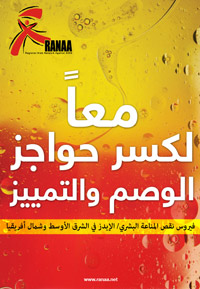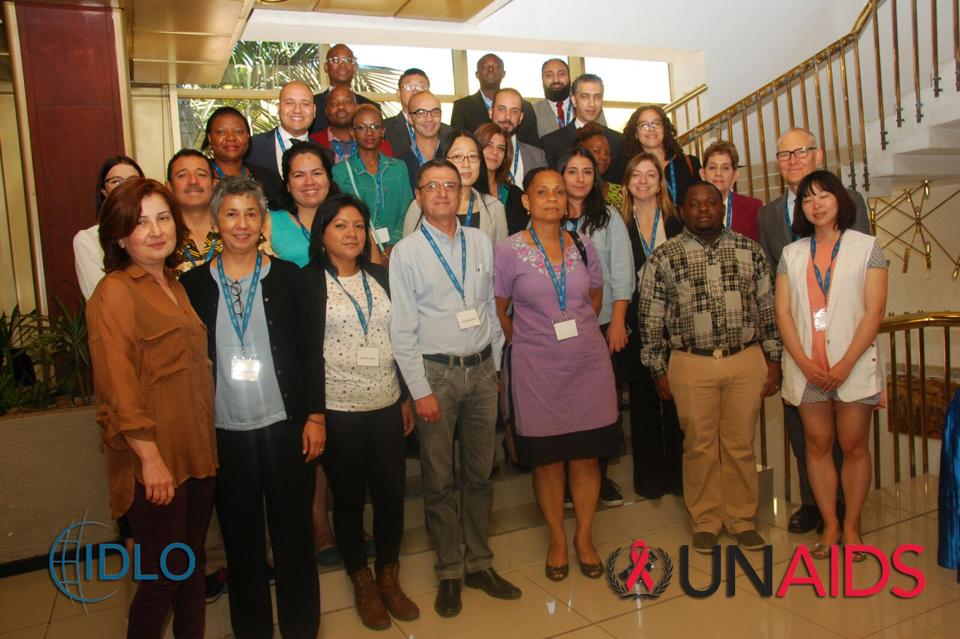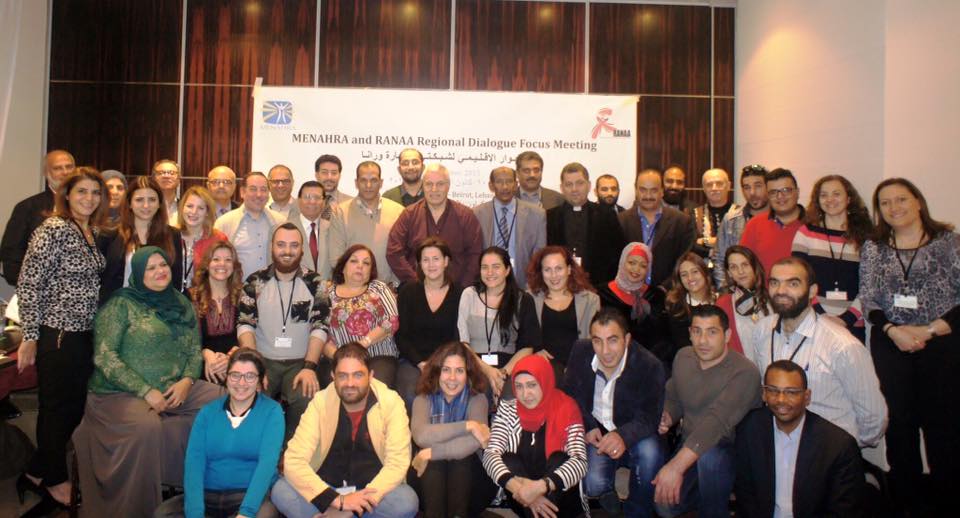The University Health Center offers free HIV testing every Monday and Thursday, as well as paid sexually transmitted infection testing every day.
The different STIs that the center tests for are chlamydia, gonorrhea, syphilis and herpes. After a series of questions, the patients give a blood or urine sample to test for an STI.
Because the herpes test uses a culture test, the pricing is higher than other tests, costing up to $55.
Terry Thomas, a family nurse practitioner, is starting her eighth year at the health center. She works as the chief of staff and with other medical providers to test for different STIs multiple times every day.
“We all do multiple sets every day,” Thomas said.
“If a student shows symptoms, they are treated right away, even before the results of the test are conclusive.”
“I treated three people last week,” she said. “One person had chlamydia and two had contact. It’s kind of variable. We each probably get somebody every week.”
Thomas urged students to use protection before any kind of sexual activity.
“Prevention is best,” she said. “However, condom-use does not prevent you from getting human papilloma virus or herpes. If you’re skin to skin, you have a higher chance of getting these.”
The health center also provides free HIV testing at the Jackie Gaughan Multicultural Center. The site originated from a grant from the state aimed at improving college health care. The grant was originally intended for multicultural students, but soon extended to all students at the University of Nebraska-Lincoln.
Nicole Greenwalt took the HIV test site coordinator position on a temporary contract but now oversees the entire site. Greenwalt also trains undergraduate students to staff the site.
“The process takes in all about 20 minutes and includes a consent form, rapid blood test and short counseling session,” Greenwalt said. “The counseling session is focused on risk reduction and is the client’s opportunity to both identify their risks to contracting HIV and get practical tips on how to reduce those risks.”
The site tests an average of seven to eight students and community members a week. The tests are completely confidential, and no results are released. The numbers of tested students have also risen in the past years.
“As cultural attitudes towards sex change and students become more aware of safer sex practices, it makes sense that the numbers would rise,” she said.
The Center for Disease Control reports that nearly 10,000 youth were diagnosed with HIV in 2013. Eighty-one percent of these diagnoses occurred in those from 20 years old to 24 years old.
“I would like to encourage all sexually active students to consider getting tested for HIV, regardless of their sexual preferences,” she said. “HIV should never just be considered a ‘gay disease.’ Anyone who is sexually active is at risk. If anything, getting tested can provide you both with peace of mind and positive healthy sex strategies for risk reduction.”
Hours for STI and HIV testing can be found at the University Health Center’s website.








